The significance of the Persian Gulf to international peace and security and to the global energy market cannot be overstated. Events such as the attacks of September 11 and the rise in energy demand and prices have only highlighted the importance of stability in the Gulf to the health of the global economy. This book demonstrates that the nature of military and political threats in the Gulf States (Bahrain, Saudi Arabia, Iran, Iraq, Qatar, Yemen, and the UAE) has shifted during the past three years. Although the threat from Saddam Hussein`s Iraq, which produced three recent, major conventional wars-Iran-Iraq (1980-88), Persian Gulf (1990), and Iraq (2003) has largely disappeared, it has been replaced by concerns over the asymmetric warfare conducted by terrorist organizations and over the proliferation of WMDs by both states and terrorists. These developments are affecting the defense planning and strategic posture of each country, and this book analyzes developments in the force structures of the Gulf States and their ability to deal with this shift in the nature of the threat. The military and security forces of the Gulf States must evolve to adapt to the changing nature of the threat and take into account the risk of the Iraqi insurgency and the uncertainty surrounding Iraq`s future. The key areas covered in this book include the internal terrorist threat to Saudi Arabia and the Gulf states; the impact of Iran`s nuclear program and the risk it poses to energy and internal security in the Gulf area; and border disputes within the region that could develop into conflict. In addition, the book studies the impact of the Iraq War on regional security and the fear of the insurgency spilling over into neighboring states. Cordesman and Al-Rodhan demonstrate a shift toward using internal security services to deal with the threat of extremism and asymmetric warfare. They also suggest that high energy prices and export revenues provide the Gulf countries the opportunity to upgrade their military forces and deal with their undercapitalization as a result of low oil prices in the 1990s. Moreover, they insist that the future of Iraq, the strategic and nuclear posture of Iran, and the terrorist threat will remain major risks and uncertainties in the short to medium run.
Gulf Military Forces in an Era of Asymmetric Wars (In 2 Volumes)
$80.10
$89.00
In stock
Free & Quick Delivery Worldwide
All orders amounting to US$ 50 or more qualify for Free Delivery Worldwide. For orders less than US$ 50, we offer Standard Delivery at $14 per book.
ABOUT THE AUTHOR Anthony H. Cordesman
Anthony H. Cordesman holds the Arleigh A. Burke Chair in Strategy at the Center for Strategic and International Studies and is a military analyst for BBC News. His television commentary has been featured prominently during the Iraq War, the Gulf War, Desert Fox, the conflict in Kosovo, and the fighting in Afghanistan. Cordesman is the author of a wide range of studies on U.S. security policy, energy policy, and Middle East policy. He has served as national security assistant to Senator John McCain of the Senate Armed Services Committee, as director of intelligence assessment in the Office of the Secretary of Defense, as civilian assistant to the deputy secretary of defense, and as director of policy and planning for resource applications in the Department of Energy. He has also served in a number of other government position, including in the State Department and on NATO International Staff, and he has numerous foreign assignments, including posts in Lebanon, Egypt, and Iran, with extensive work in Saudi Arabia and the Gulf. Cordesman is the author of more than 20 books. He has been awarded the Department of Defense Distinguished Service Medal, is a former adjunct professor of national security studies at Georgetwon University, and has twice been a Wilson Fellow at the Woodrow Wilson International Center for Schools at the Smithsonian Institution.
reviews
0 in total
Review by Anonymous
Gulf Military Forces in an Era of Asymmetric Wars (In 2 Volumes)
Be the first to review “Gulf Military Forces in an Era of Asymmetric Wars (In 2 Volumes)” Cancel reply
You must be logged in to post a review.
Bibliographic information
Title
Gulf Military Forces in an Era of Asymmetric Wars (In 2 Volumes)
Author
Edition
1st ed.
Publisher
Pentagon Press, 2008
ISBN
0275992500
Length
xxii+316p., xxii+317-599p., Illustrations; 24cm.
Subjects
more by Anthony H. Cordesman see more
Terrorism, Asymmetric Warfare, and Weapons of Mass Destruction: Defending the U.S. Homeland
There is a wide spectrum of ...
$70.20
$78.00
similar bookssee more
Research Line
$44.10
$49.00

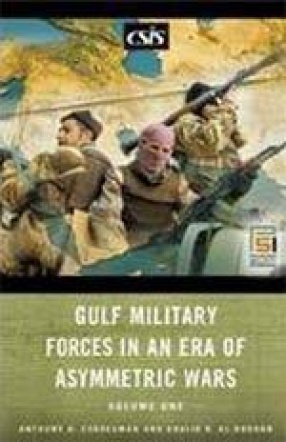
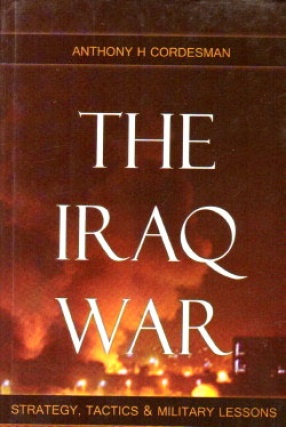
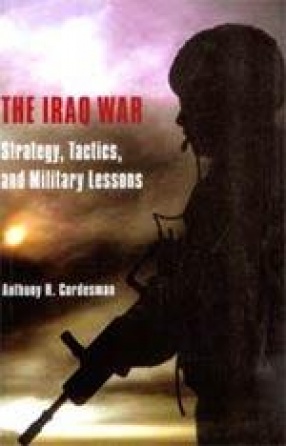
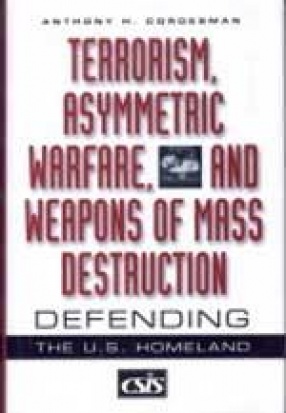

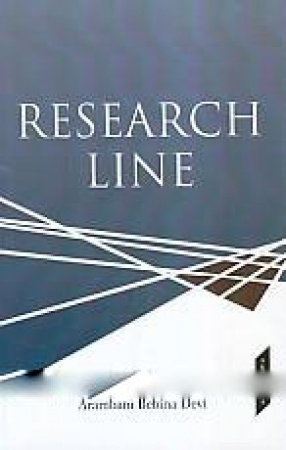
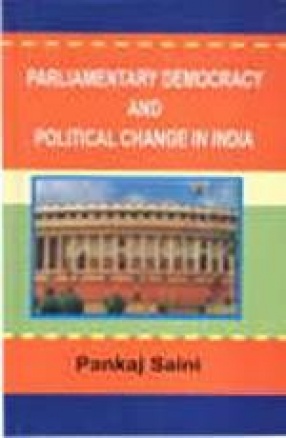
There are no reviews yet.